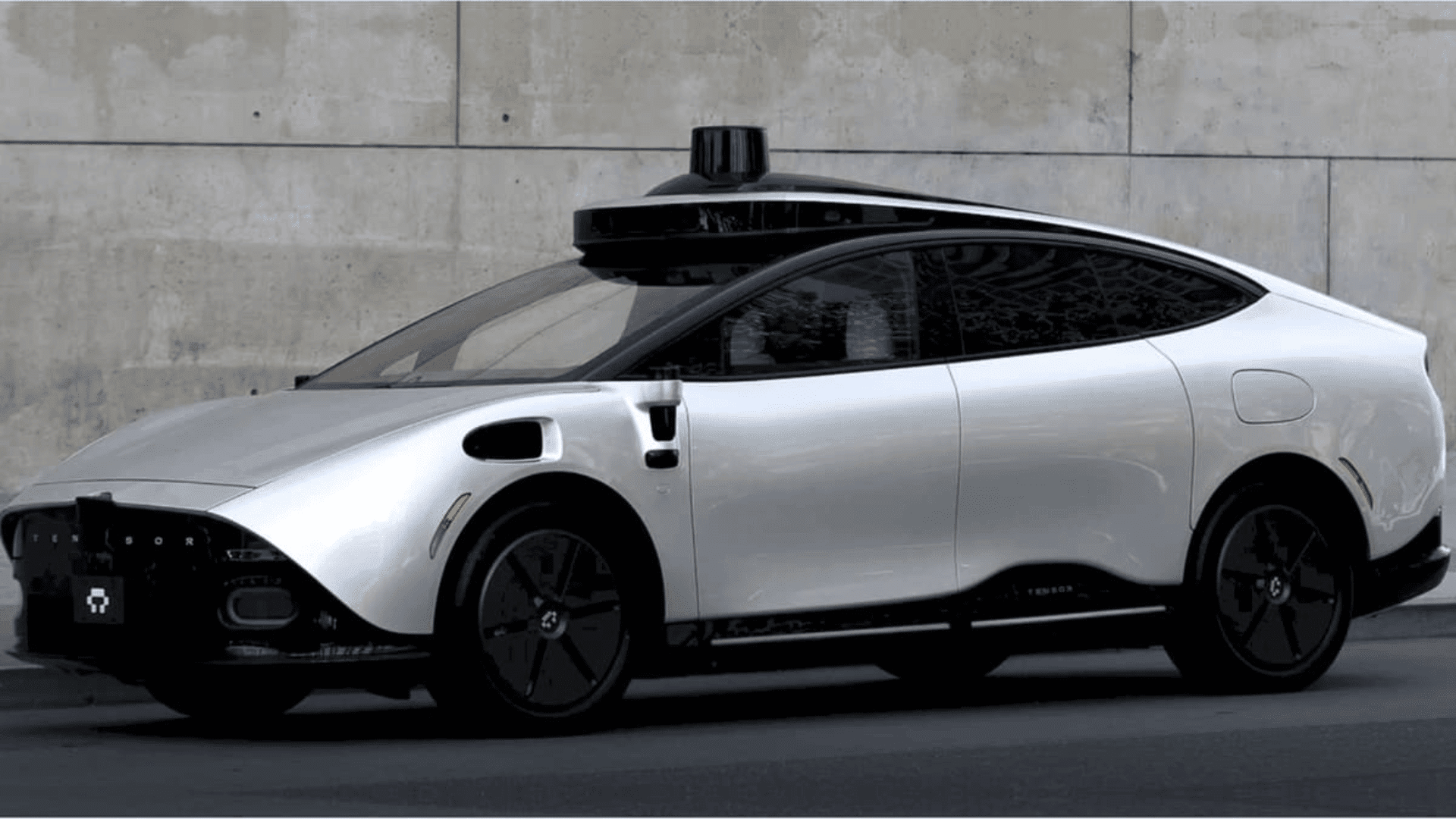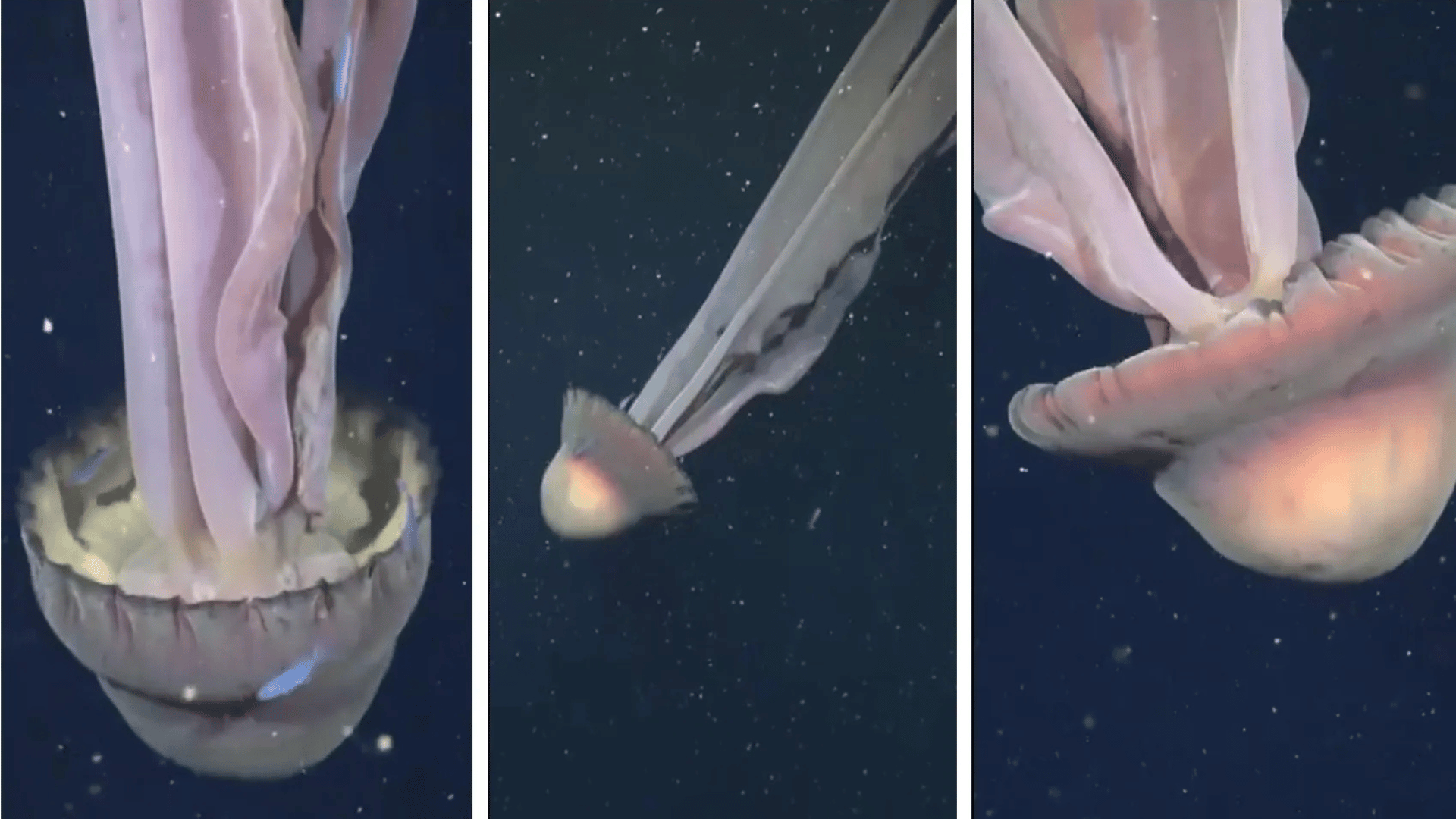A California-based startup created the Tensor Robocar, the world’s first autonomous vehicle designed specifically for private ownership. The company approached the design differently by building the vehicle with autonomy as its primary function, rather than simply adapting a standard car.
Privately Owned Autonomous Cars

“With Tensor, we’re introducing the world’s first personal Robocar, ushering in the era of AI-defined vehicles. This isn’t a car as we know it,” said the company in a press release.
The vehicle is equipped with various sensors, including 37 cameras, 5 lidars, 11 radars, 22 microphones, 10 ultrasonic sensors, and various other detectors for collision and vehicle status. According to Interesting Engineering, AI built on a foundation model manages the autonomous driving function.
The Robocar involves a dual-system approach. The first system is trained on data from expert drivers to achieve quick and reflective responses, while the second system uses a multimodal Visual Language Model to process and react to complex or unexpected situations.
What sets Tensor’s car apart from other models is that it’s designed specifically as a personal-use car, which is unique compared to autonomous vehicles built for fleet services like RoboTaxis. To achieve the level of self-sufficiency, the Robocar is designed to operate independently without daily supervision from a technician. This includes features like self-diagnostics, sensor-cleaning systems, and autonomous parking and charging.
Tensor describes the Robocar as an “AI agentic car,” as it is equipped with a multimodal Large Language Model (LLM) that allows for conversational interaction. In addition to expertly sensing its surroundings and making quick decisions, the AI allows the system to adapt and learn the owner’s preferences over time.
The company also highlights a few of the vehicle’s other features, including the foldable steering wheel and sliding display, which further support the ability to either operate the vehicle autonomously or manually. The Tensor Robocar is scheduled for delivery in the second half of 2026 and will be available in specific markets in the US, Europe, and the UAE.







